Paid Upgrades
Paid upgrades in Apple’s App Stores has been a topic of some debate since the App Stores launched. Wil Shipley stoked the fires back in March, arguing that the Mac App Store needs paid upgrades:
Right now developers selling through the Mac App Store face a lose/lose choice: either provide all major upgrades to existing customers for free (thus losing a quarter of our revenue), or create a “new†product for each major version (creating customer confusion) and charge existing customers full price again (creating customer anger).
Drew McCormack thinks Wil is wrong:
Apple has spent the last 5 years or so cultivating certain expectations in how people purchase digital goods via their stores. […] And now, if you buy an app in the Mac App Store, it’s yours — (you guessed it) forever. It’s part of what has made Apple so successful in this area. One click purchase, instant download, yours forever.
What Wil is asking Apple to do is to break this implied contract with its customers. Effectively, he wants customers to pay twice for the same product, and I don’t see Apple going down that route.
I’m not entirely sure how Marco Arment feels about it, but he does think Apple isn’t interested in changing anything:
The real message from Apple is clear: “Design or adjust your business model such that it doesn’t need paid upgrades. Look, here’s a great in-app purchase system. Find a way to use it.â€
I side with Wil in this debate and I wish Apple would acknowledge that software companies aren’t like Apple and we can’t run our businesses the same way they do. Apple themselves only recently gave up upgrade pricing and trials.
Drew’s comparison with music is flawed. To start, a song isn’t changed or enhanced after its release; there is no “upgrade” to compare with. The closest thing is a re-issue on a compilation album or a remix, and in fact owners of the original song don’t get that for free. They have to buy it again, at full price.
I believe another comparable is publishing. As an example, consider a technical book. These usually see minor edits and fixes to content between printings. While owners of the dead tree copies miss out, publishers like the Pragmatic Programmers let you download the updated e-book for free. This is like a minor or patch release of an app.
When an author spends considerable time to update the content of the book for a new edition, however, that’s like a major version upgrade and the expectation is that we buy it again. I strongly disagree with the opinion that existing app customers should get this new work for free.
Marco’s suggestion to use In-App Purchase is interesting, but it has some problems. Historically, version 1 customers paid some money, then got a break on the version 2 upgrade. They paid maybe 150% of retail for both versions. Now a new customer buys version 2 for 100% of retail. They get all the functionality that an upgraded version 1 customer has.
Using In-App Purchase, we can’t distinguish between a brand new customer and an old one. If version 2 features are unlocked with an IAP, that means a new version 2 customer really gets version 1, and is then asked to spend more money to get the new stuff.
Now version 3 comes along, with another IAP for loyal customers. New customers buy version 3, then are asked to buy two IAPs for the features from version 2 and version 3? This is a terrible user experience and I can’t imagine any developer trying it for very long.
Saying software developers should follow Apple’s lead is disregarding reality. Apple is a hardware company. They make the vast majority of their profits from selling physical goods. Software revenue is not a big enough part of Apple’s business that it should be an example of how a software company should run its business.
If Apple doesn’t want to give us upgrade pricing, I hope the Tweetie 2 and Bento 4 examples become the norm. Software developers have given customers a pretty great deal for a long time. Maybe it’s time that ends.
Update June 20: David Smith explains a method to continue supporting an old version after doing a Tweetie 2-style paid upgrade. He also suggests IAP as an alternative, but unfortunately does not address the new user experience issues with the technique.
